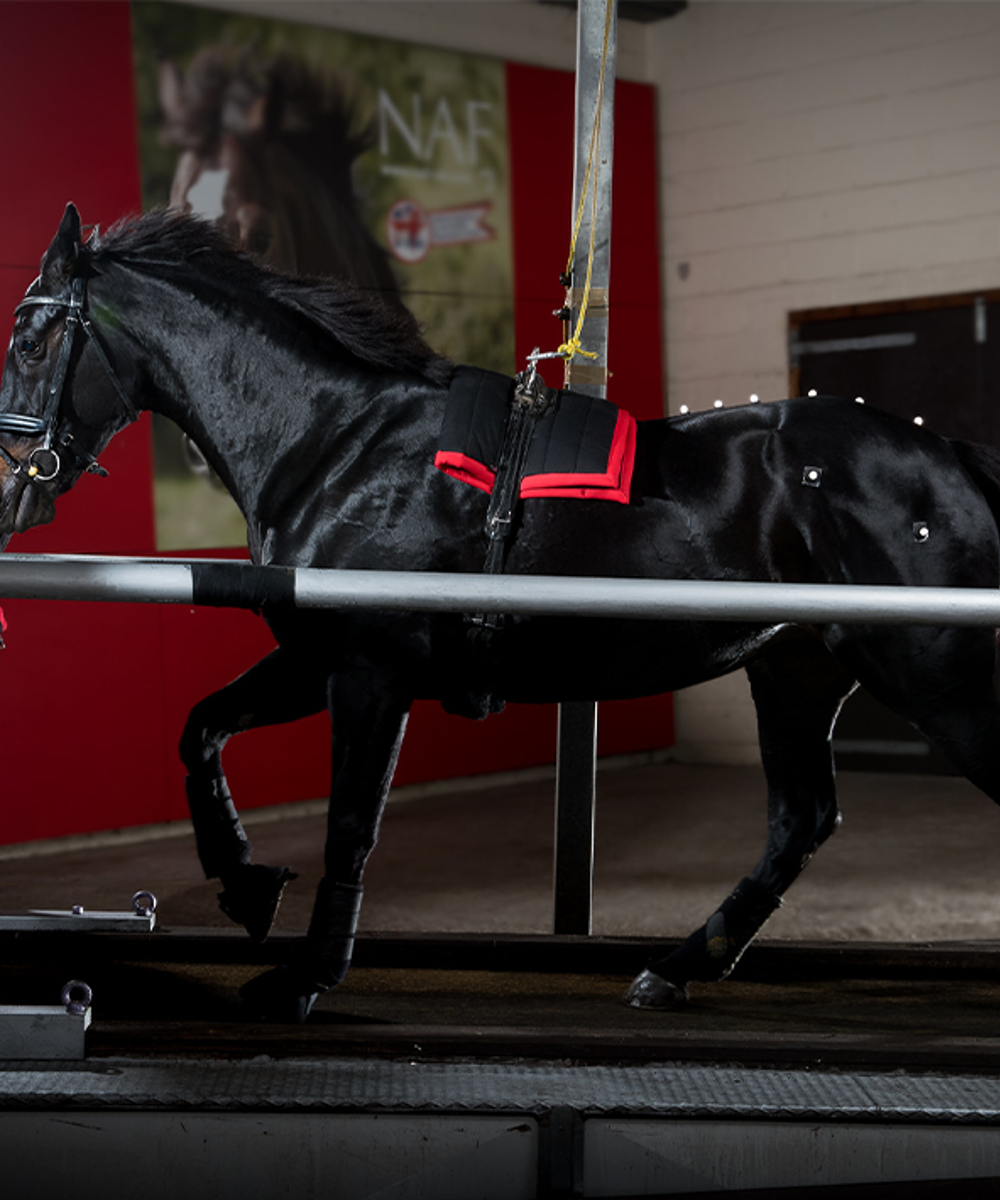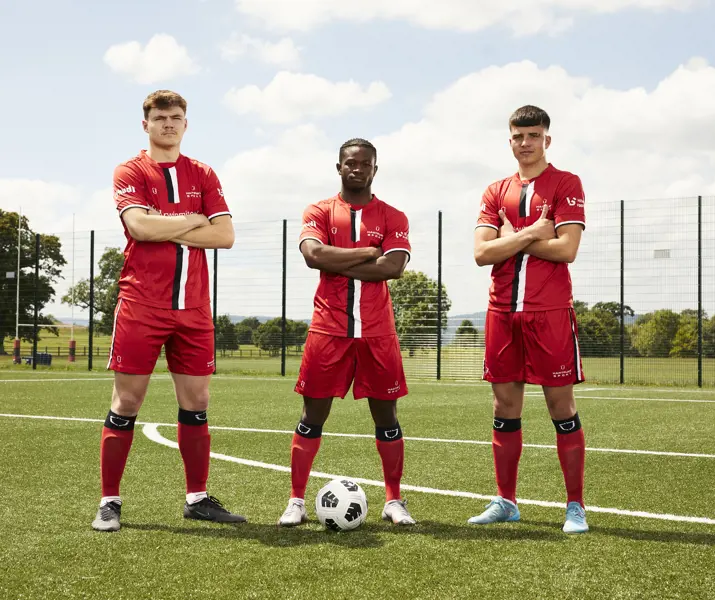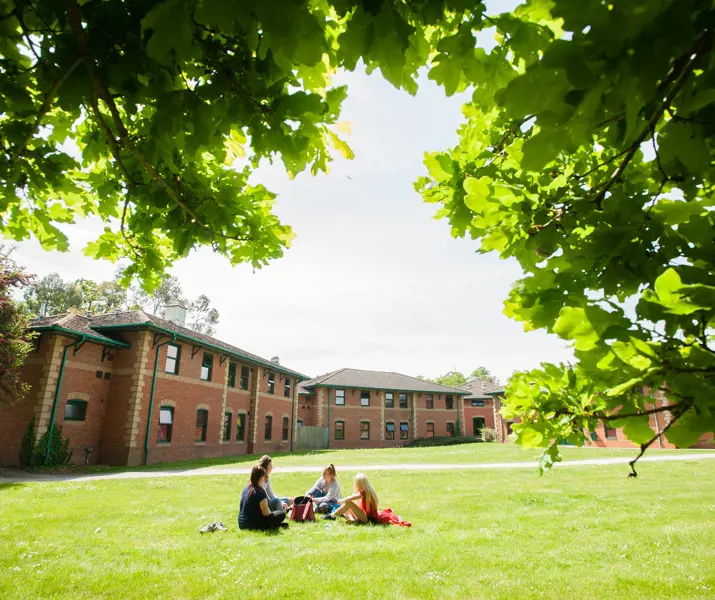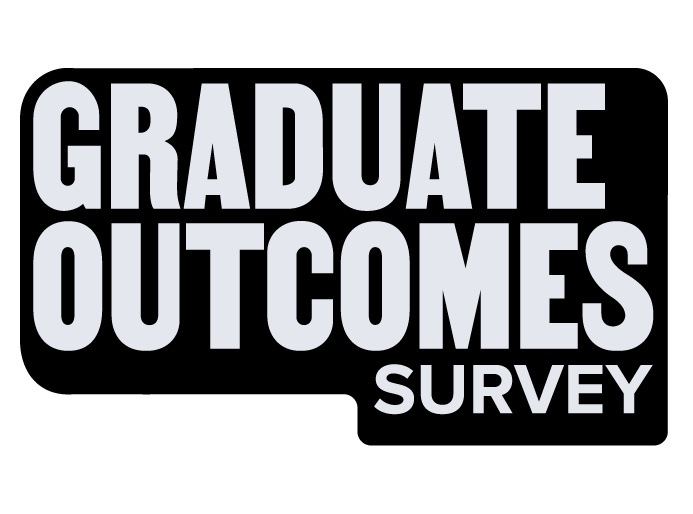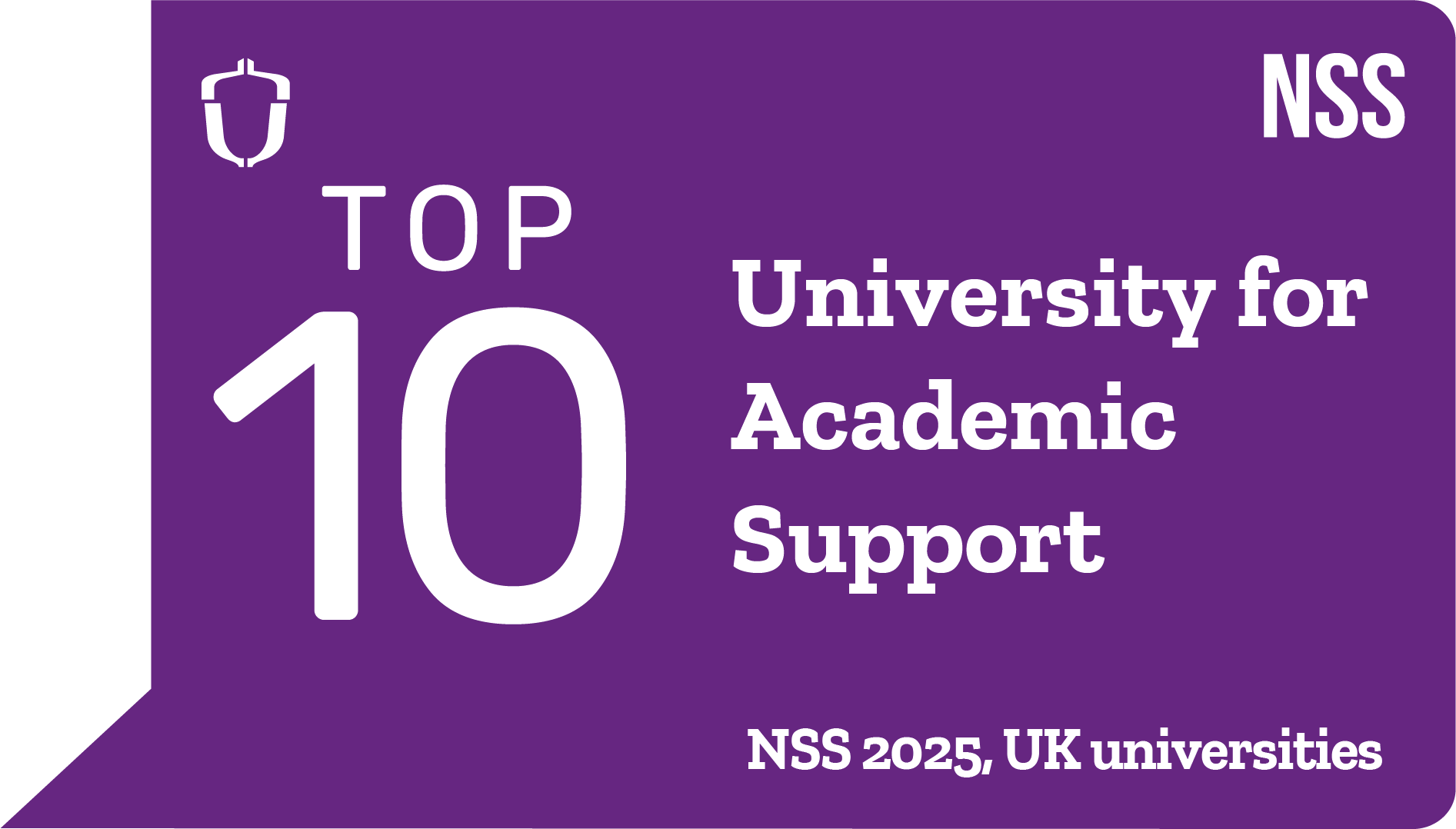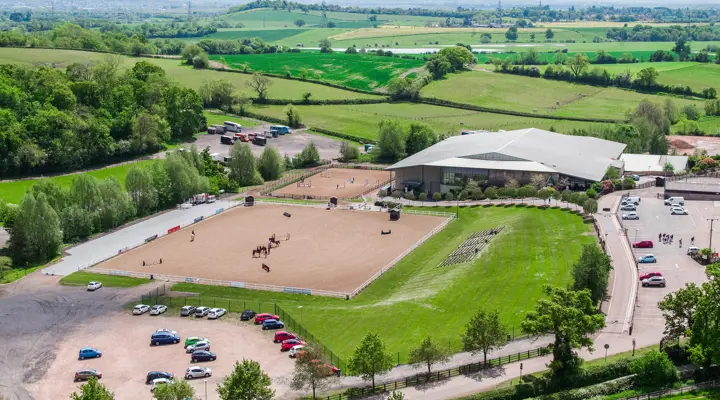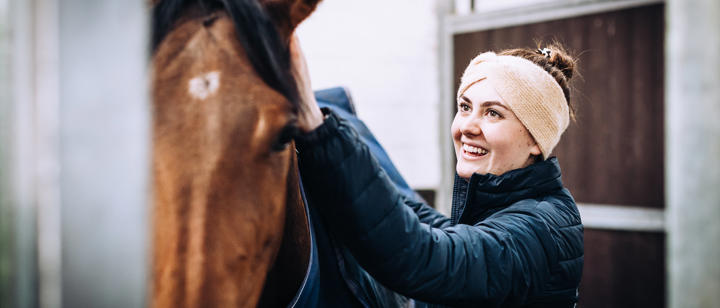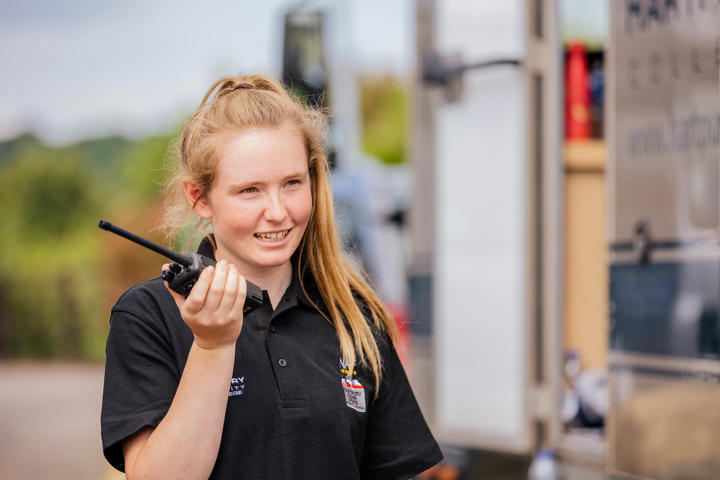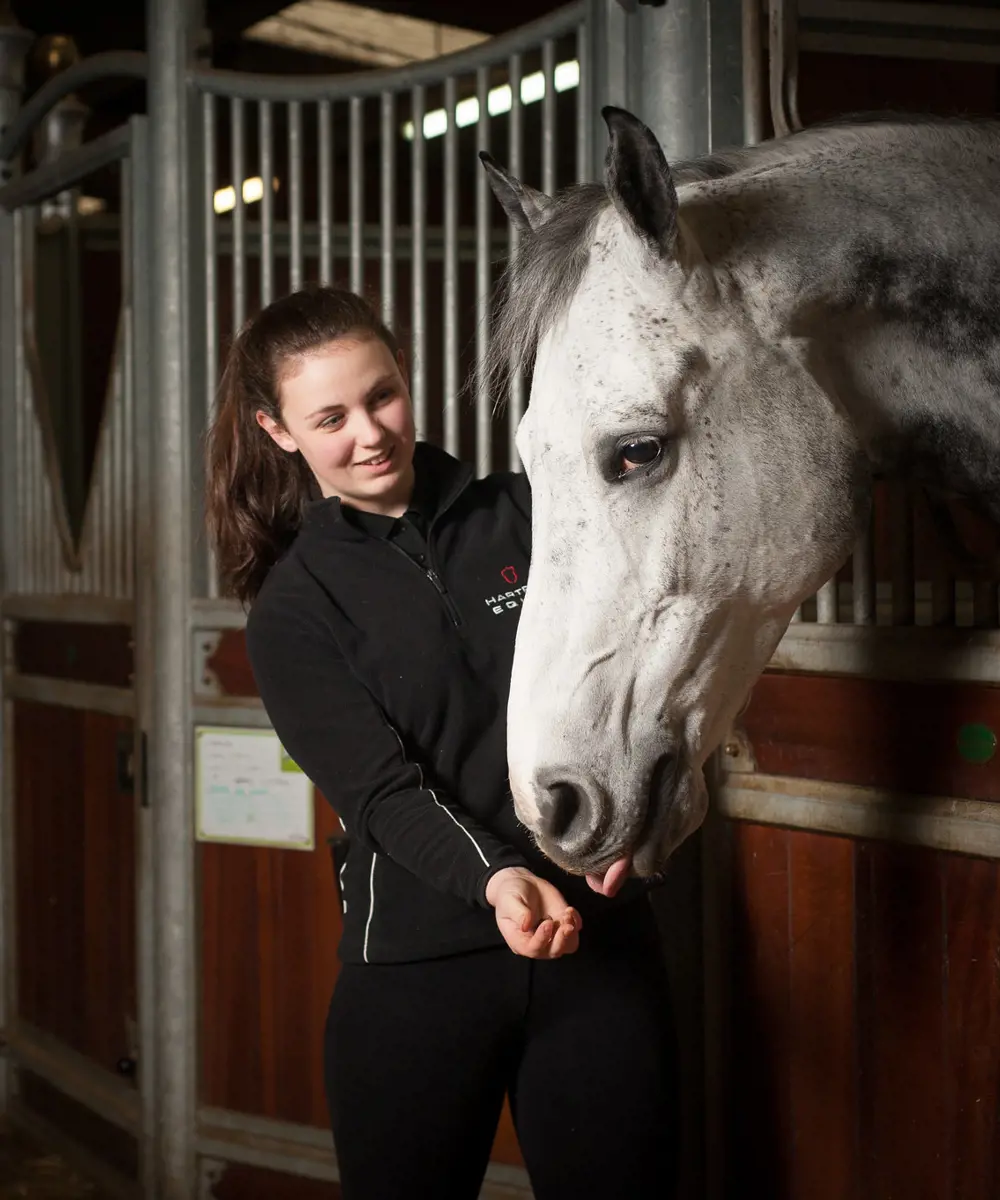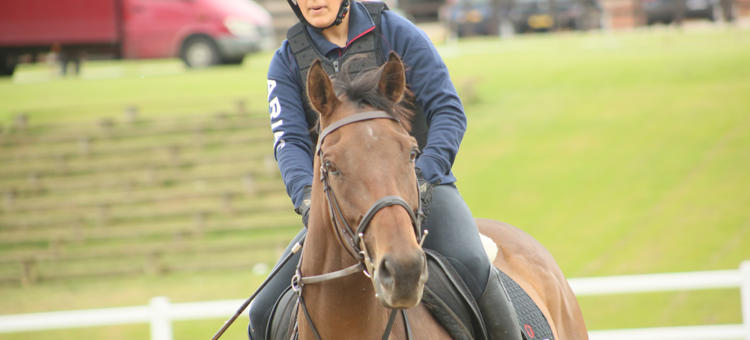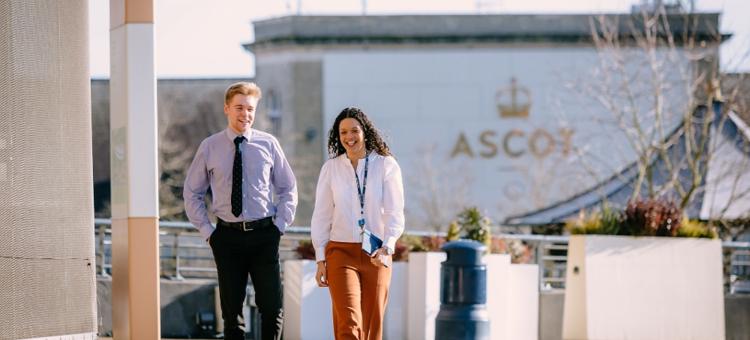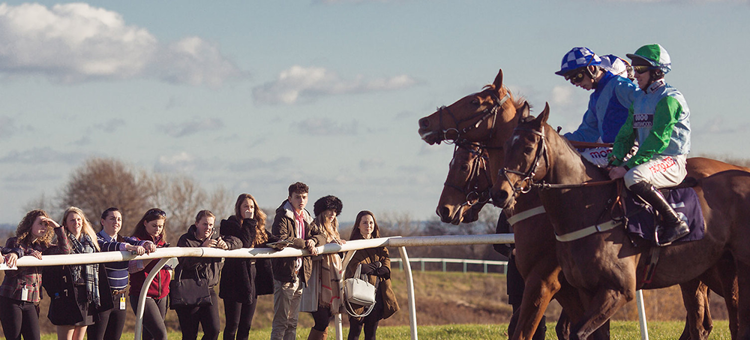UCAS tariff points | 112 UCAS tariff points, to include a science.
A Levels | BBC or equivalent from at least two full A Levels. This must include a science at grade D or above.
Vocational Awards | DMM in an Extended Diploma in a relevant subject.
Access | 112 UCAS tariff points in an Access to Higher Education Diploma. This must include nine level 3 credits at Merit or above in a science.
International Baccalaureate | 112 UCAS tariff points in an IB Diploma, from at least two Highers at H4 or above. This must include a science.
Scottish Highers | 112 UCAS tariff points from at least two Highers, to include a science at C or above. You must have completed two years study at Higher Level.
Irish Leaving Certificate | 112 UCAS tariff points from at least two Highers, to include a science at H3 or above.
T Level | An overall grade of Distinction, to include grade C or above in the Core component in a Science subject. T Level subjects considered are Animal Care and Management (Science Pathway), Healthcare Science and Science. Health will be considered on an individual basis.
Practical Competency
In addition to the above, applicants are required to hold a minimum of BHS Stage 2 care and lunge or Pony Club B test, or provide signature of a BHS Stage 3 Coach in Complete Horsemanship (UKCC level 2 or equivalent) to confirm that the applicant is able to:
- understand basic horse behaviour and normal health
- handle horses inside the stable
- carry out routine grooming tasks
- maintain a clean stable and provide food and water
- select and fit rugs appropriately
- tack up and un-tack (saddle and bridle)
- Lead a horse safely in a variety of environments and hold a horse for inspection
- lunge a horse for exercise according to instructions
Additional Information
In addition to the above, we require a minimum of five GCSEs at grade 9-4 (A*-C), to include English and Maths. We will consider equivalencies including but not limited to functional skills level 2, Irish Ordinary level, National 5s, IB standard level.
We will consider combinations of level three qualifications.
A science for this programme is considered to be Biology, Physics or Chemistry.
We welcome applications from individuals with equivalent, non-UK qualifications and mature students (over 21). We may interview as part of the application process.
The minimum academic entry requirement for this programme is 80 UCAS tariff points, providing this is combined with relevant experience.

